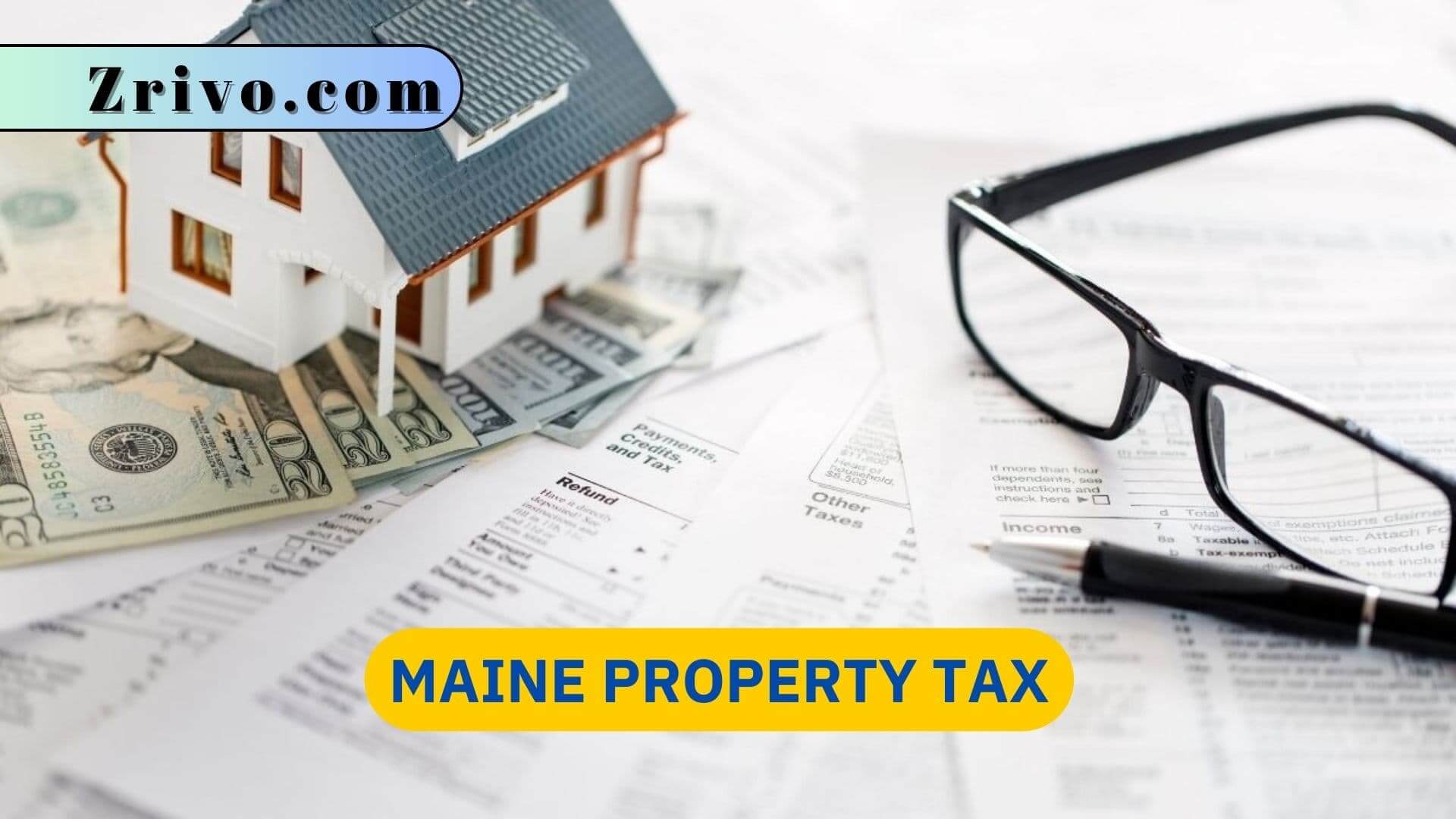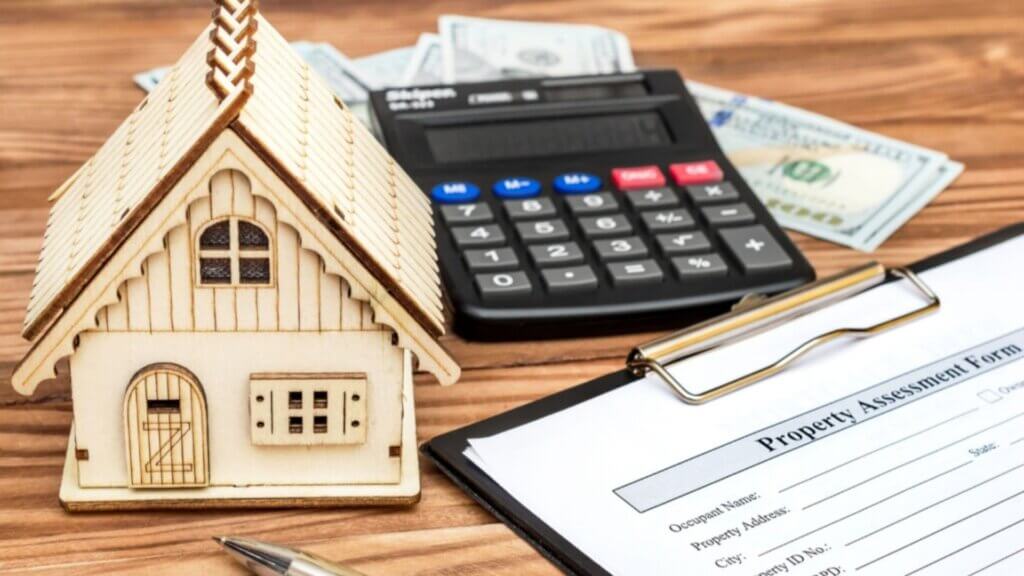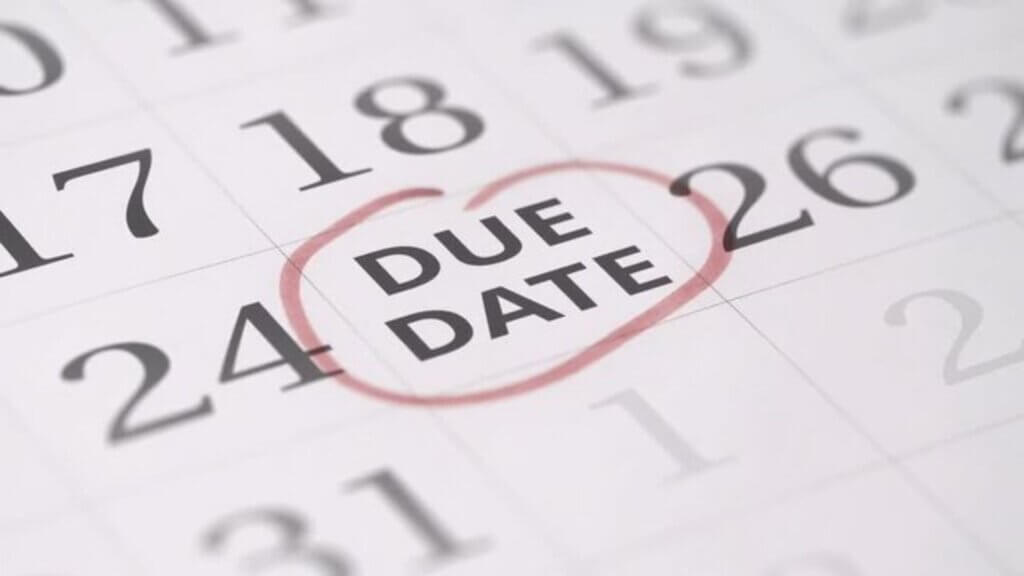
If you own property in Maine, you must pay property taxes. The average effective rate in Maine is 1.09%, while the national average is 0.99%. The amount of Maine Property Tax you pay will depend on the value of your home and the tax rate set by the local municipality council. The calculation is simple: assessed value x tax rate. The rates are expressed as a mill rate, which is the dollar per $1,000 of the assessed value.
Your property tax is based on the market value of your land and buildings, as determined by your local assessor. The law requires assessors to “ascertain as nearly as may be the nature, amount and value, as of the first day of April, of real estate and personal property subject to taxation”.
Property taxes are one of the three major revenue sources that support Maine state and local governments. They generate $2.4 billion per year and pay for a significant share of public services, such as roads, police protection, and education. They also fund many of the costs associated with maintaining and improving Maine’s large and historic infrastructure. Local property assessors are required by law to determine the value of real estate and personal property as accurately and fairly as possible. This value is commonly referred to as the “fair market value.” The assessed value is multiplied by the tax rate to calculate the total property tax due. Tax rates vary by municipality.

How to Calculate Property Taxes in Maine?
The amount you owe in property taxes depends on the value of your property and the local tax rate. Local officials set the tax rate, which is usually expressed as a mill rate or percentage of your property’s assessed value. To calculate your property tax:
- Start by determining the fair market value of your property.
- Find the assessment ratio and apply any applicable exemptions or deductions to arrive at your taxable value.
- Multiply your taxable value by the tax rate to get your property tax bill.
If you’re looking for a place to buy property in Maine with the lowest property tax rates, consider Oxford County. Its property tax rate is 1.31%, which is lower than the state average of 1.17%.
Maine Property Tax Exemption
Some people are eligible for exemptions that lower their property taxes. One is the homestead exemption, which reduces your taxable value by up to $25,000. You must apply for this by April 1st and prove that you have owned and occupied the house as your primary residence for at least 12 months before applying. You must also provide proof of residency, such as your driver’s license or voter registration card.
The State of Maine offers several programs that provide property tax relief for certain classes of land. Those who enroll their land in one of these programs will receive reduced valuation, and the state reimburses municipal governments for all lost revenue. These programs include Farmland, Open Space, Tree Growth, and Working Waterfront. To enroll your land, you must meet all of the requirements for each program and complete an application.

Maine Property Taxes Due Dates
The fiscal year for real estate and personal property taxes runs from July 1st to June 30th. Bills are mailed in August, and interest begins to accrue on the first day of the fiscal year (April 1st). Liens are recorded in June for unpaid taxes, and foreclosure proceedings commence 18 months after the lien recording date. Taxes can be paid in two installments each year. The due dates for these installments are November 15th and May 15th of the following year. In addition, a one-time deferment option is available for qualifying applicants.
Freeport’s due dates for property taxes are November 15th and May 15th of each year. In addition, a one-time option is available for a deferment period of up to nine months. Taxes not paid by the due date are subject to a penalty interest rate of 8%. The Town of Freeport also collects personal property taxes on a biannual basis, with the due dates being November 15th and January 15th of each year. For more information, visit the assessor’s page.